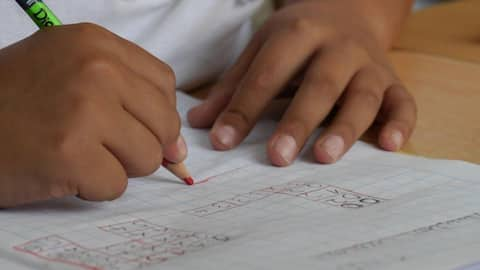International Day of Education 2025: History, significance, and theme
What's the story
The International Day of Education, observed annually on January 24, celebrates the pivotal role of education in fostering global peace and sustainable development. Proclaimed by the United Nations General Assembly in December 2018, this day emphasizes education as a universal human right and a vital element in achieving equality, economic growth, and sustainable solutions to global challenges.
Theme
International Day of Education: AI and education
The theme for the 2025 International Day of Education, "AI and Education: Preserving Human Agency in a World of Automation," focuses on how education can help people navigate and influence technological progress. As AI and computer systems advance, the boundary between human decisions and machine actions becomes blurred, raising crucial questions about safeguarding human control and decision-making in an increasingly tech-driven world.
History
The history of International Day of Education
In December 2018, the UN General Assembly designated January 24th as the International Day of Education to emphasize education's role in fostering peace and development. Education based on human rights, dialogue, solidarity, and equity is essential for creating more peaceful and just societies. The General Assembly designates International Days, such as World Refugee Day and World Food Day, based on proposals from Member States.
Significance
Significance of International Day of Education
The International Day of Education emphasizes education's crucial role in societal progress, promoting gender equality, poverty reduction, and informed decision-making. With 250 million children out of school and 763 million adults illiterate, it calls for global commitment to inclusive, equitable education. This day highlights education as a tool for innovation, cultural understanding, and building stronger, more resilient communities worldwide.
Article 26
The right to education
The right to education is outlined in Article 26 of the Universal Declaration of Human Rights, emphasizing free elementary education. The Convention on the Rights of the Child (1989) extends this to higher education. Sustainable Development Goal 4, part of the 2030 Agenda, aims to ensure inclusive, quality education for all, promoting lifelong learning opportunities by 2030.
